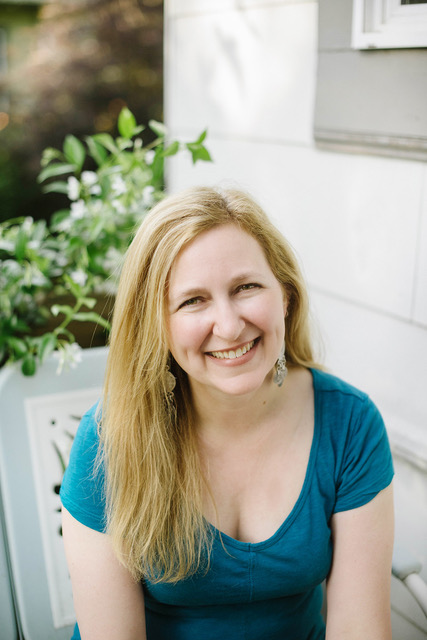…time is different now, and so is my perspective on forgiveness and letting go. We never know if what was lost will be found. If it really matters, we can decide to find it in ourselves.
Fat cat, red tongue, green mind, white milk. I have been reciting this line from Wallace Stevens’ poem “A Rabbit as King of the Ghosts” like a kind of mantra for my entire adult life. Why this line? Because it keeps me grounded in the opportunities of observation. It rocks me in iambic rhythm. It’s a kind of poetry blankie.

Today, I received the collection where I first read this poem —The Palm at the End of the Mind—in the mail from a man I loaned it to 20+ years ago. Out of the blue, decades beyond hope.
The truth is, I never forgave this man for keeping my book. Painstakingly defiled with the color-coded diagnosis of sound as Robert Bly taught me, this poetry collection held a secret musical score I wanted to preserve. In Bly’s class, we landed the long E sounds and clipped UH and long OOOH sounds into chest, thigh, and thorax. We all knew then that poems were our heartbeat, our heartbreak. They were living, breathing hieroglyphics that might lead us, someday, back to ourselves.
When I open the scuffed, green cover of this book I spent decades longing for, I find a photo of myself adhered to the inside, backlit and radiant. I remember how this young woman trusted her body to the pattern of poems. She dedicated her days to sifting through life’s sediment for music, image, truth. She believed she had 20 years to waste being angry about a missing book.
But time is different now, and so is my perspective on forgiveness and letting go. We never know if what was lost will be found. If it really matters, we can decide to find it in ourselves.
I flip through the yellowed, dog-eared pages pressed thin in the staccato of repetition where I once memorized “Sunday Morning” and “13 Ways of Looking at a Blackbird”. I forgive myself. For all the men who took what was mine and never returned it. For investing in this story as if it were the only truth.
“Look me up if you are in Indonesia,” says the note from the man I find tucked inside the book on page 133, where Stevens’ “The Man with the Blue Guitar” begins:
The man bent over his guitar,
A shearsman of sorts. The day was green.
They said, “You have a blue guitar,
You do not play things as they are.”
The man replied, “Things as they are
Are changed upon the blue guitar.”
Things as they are can be changed in the space of a poem, a package, a postcard from a ghost.
Who knows what could be headed my way, or yours, that we’ve always wanted—if we’d get out of the way and let it.

Sage Cohen is the author of Fierce on the Page, The Productive Writer, and Writing the Life Poetic, all from Writer’s Digest Books, and the poetry collection Like the Heart, the World. Her award-winning poetry, essays, and fiction have been published widely. Sage informs, inspires, and instructs writers at sagecohen.com.
